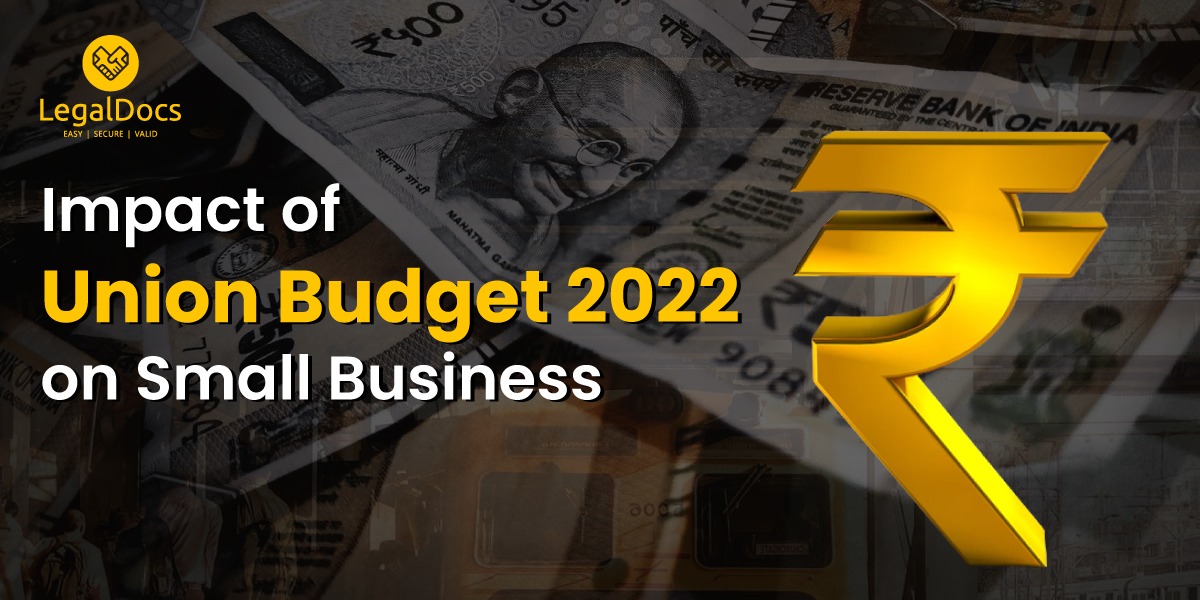What is an E way Bill
E-way bill or Electronic-way bill is a type of document which was initiated and introduced under the GST regime that should be produced before transporting or delivering products worth more than INR 50,000 inside state or between state.
E-way bill can be created from the GST E-Way Bill Portal or through SMS. Before creating an e-way bill, the citizen must be enlisted on the e-way bill entryway.
The copy of an e-way bill must be available with the transporter or the individual responsible for the movement and ought to incorporate goods, for example, products, beneficiary, shipper and transporter. The e-way bill was taken off across the country on first April 2018.
Additional Read : What is e way bill?
Who Should Generate a n E Way Bill?
The E Way Bill can be easily generated by the registered taxpayer as well as the Non - registered taxpayer, whenever a Non-registered taxpayer supplies the goods to a registered taxpayer, the registered taxpayer needs to ensure about the goods.

Taxpayers who are Registered under GST
E Way Bill must be produced when there is a development of products of more than Rs 50,000 in incentive to or from a Registered Person. A Registered individual or the transporter may create and convey E Way Bill regardless of whether the estimation of products is not as much as Rs 50,000.
Unregistered Persons
Unregistered people are additionally required to produce e-Way Bill. However, where supply is made by an unregistered individual to an enrolled individual, the receiver ensures all the compliances are met as if they were the supplier.
Transporters
Transporters conveying goods by street, air, rail, and so forth additionally need to produce e-Way Bill if the provider has not created an e-Way Bill.
When to Generate an E Way Bill
E Way Bill will be created when there is a supply of goods in a vehicle of significant cost more than Rs. 50,000 either with a single invoice or with multiple invoices.
In case of an inward 'supply' from an unregistered taxpayer
- The taxpayer who is in the purpose of sales of goods.
- A taxpayer who is in the purpose of supply of services
An E Way Bill should be generated by a few specific products even when the value of the product is below 50000:
- Such as interstate transfer of handmade products who are exempted by GST registration.
- There are also some exemption who don’t have to generate E Way Bill
- An E Way Bill should not be generated when the goods are transferred from one place to another in a Non - motor vehicle.
- It is also exempted to get an E Way Bill when the goods are transported from customs port, airport, air cargo complex, or land customs station to an inland container depot (ICD) or container freight station (CFS) for clearance by customs.
- While transporting Empty cargo containers.
- Along with this the goods such as jewelry, household products, does not have to generate an E Way Bill.
| Who | When | Which Part | Form |
|---|---|---|---|
| GST Registered Person | Before movement of goods | Complete Part A | GST EWB-01 |
| If Registered person is consignor or consignee (mode of transport may be owned or hired) OR is recipient of goods | Before movement of goods | Complete Part B | GST EWB-01 |
| Registered person is consignor or consignee and goods are handed over to transporter of goods | Before movement of goods | Complete Part B | The registered person will furnish information about the transporter in part B of GST EWB-01 |
| Transporter | Before movement of goods | e-Way Bill will be created based on the information completed by the registered person in Part A of form GST EWB-01 | |
| GST Unregistered Person and Registered Recipient | Recipient is considered to be same as that of the Supplier | 1) In case of an intrastate/intra-union territory transport of 10 km or less from a business place of the consignor to business place of the transporter with the intention of further transportation, the supplier or the transporter is not required to furnish the details of conveyance in Part B of FORM GST EWB-01. 2) In case of air/ship /railways making the supply, then consignor or recipient needs to complete Part A of FORM GST EWB-01. |
How to Generate E Way Bill?
E Way Bill can be generated by Online E Way Bill registration portal and also through SMS, let us first understand the Online way of registration of an E - way bill.
For Registered Transporters under GST
- Visit The E - way bill portal for generation of E - way bill, later visit registration tab and click on E - way bill registration.
- Here you can generate an OTP and submit, and later you can create your user Id and Password.
For Transporters Unregistered under GST
- The transporter needs to upload the copy of the documents such as Identity proof, Address proof, enter username and password for your account and click on submit.
- As soon as the documents are submitted a Transporter Id will be generated.
For Unregistered Suppliers
- In case an Unregistered supplier supplies goods from one place to another and to a registered taxpayer under GST, the recipient needs to apply for E Way Bill.
Additional Read : Generate E Way Bill
Steps to Generate E Way bill from Government Portal





Documents Required to Generate E Way Bill
While registering for E Way Bill the Transporter, Supplier and the Recipient should have the following mentioned documents:
- Invoice or Delivery challan can be utilized for E Way Bill generation.
- When the Goods are transported by road, you need Vehicle number and Transporter Id which has to be filed in Part B of E Way Bill.
- When the goods are transported by rail, air, or ship you require Transporter ID, Transport document number, and similar date on the document.
Validity of E Way Bill
The validity of E - way bill depends on the distance traveled by the vehicle who is holding goods in it for Transportation procedure.
For Over Dimensional Cargo, if the distance is below 20 km the validity is for a day. And for every additional 20 kms the day will increase by 1.
For the vehicles which do not come under Over Dimensional cargo, if the distance is below 100 km the validity is for a day. And for every additional 100 kms the day will increase by 1.
| Who | When | Which Part |
|---|---|---|
| Excluding Over Dimensional Cargo | Less than 100 Kms For Every additional 100 Kms or Part thereof |
1 Day Additional 1 day |
| For Over Dimensional Cargo | Less than 20 Kms For every additional 20 Kms or part thereof |
1 Day Additional 1 day |
E Way Bill Exemption
There are specific goods and transactions which do not require E Way Bill and are exempted from the generation of E Way Bill.
- Natural or cultural stones or pearls or precious stones.
- Kerosene Oil under PDS.
- Liquid petrol gas for the supply of household and non-domestic use.
- Currency
- Jewelry
- Curd, Lassi, Any Milk product.
- Fresh or Pasteurized milk
- Fruits
- Vegetables
- Animals (Living), Plant and trees.
- Animal flesh, meat
- Salt
- Rice or wheat flour which does not contain a specific brand.
- Stationery products
- Unprocessed tea leaves
Generation of E Way Bill is not mandatory for the goods which is below the threshold of 50000 rupees and being transported from one place to another.
- In case the goods are transferred by Non - motorized vehicles.
- If the port, airport, air cargo complex, and land customs station to an inland container depot (ICD) or a container freight station (CFS) for clearance by Customs.
- Goods transported within the area which is notified.
- Goods which are transported to the Ministry of Defence.
GST E Way Bill Format
GST E Way Bill is segregated in two different types Part A and Part B, Part A has to be filed by the supplier and recipient and Part B is for the Transporter,
The GST E Way Bill contains following details such as:
GST EWB Part A
- GSTIN of the Supplier and the recipient.
- Place of dispatch with Pin Code.
- Place of delivery with Pin Code
- Invoice or Challan number with a value of goods and date.
- Alteast 2 digit of HSN code.
- Reason or description for the purpose of Transport.
GST EWB Part B
- Transporter Id
- Vehicle number
| Additional Read : | E Way Bill System |
|---|---|
| Frequently Asked Questions on E Way Bill | |
| E Way Bill Non Compliance and Implications |
Current Account Opening
A current account is a type of deposit account that helps the professionals and businessmen to run their business. Businessmen can avail various benefits by Online Current Account such as:
- Unlimited transactions
- Customized features
- Online banking services
Online current account reduces the hassle and provides the benefit to complete the banking process anytime and anywhere.
Are you Ready to Grow your Business?
- Zero Balance Current Account
- In just 5 mins
- Free Current Account Powered by ICICI Bank
 Knowledge Center
Knowledge Center






























